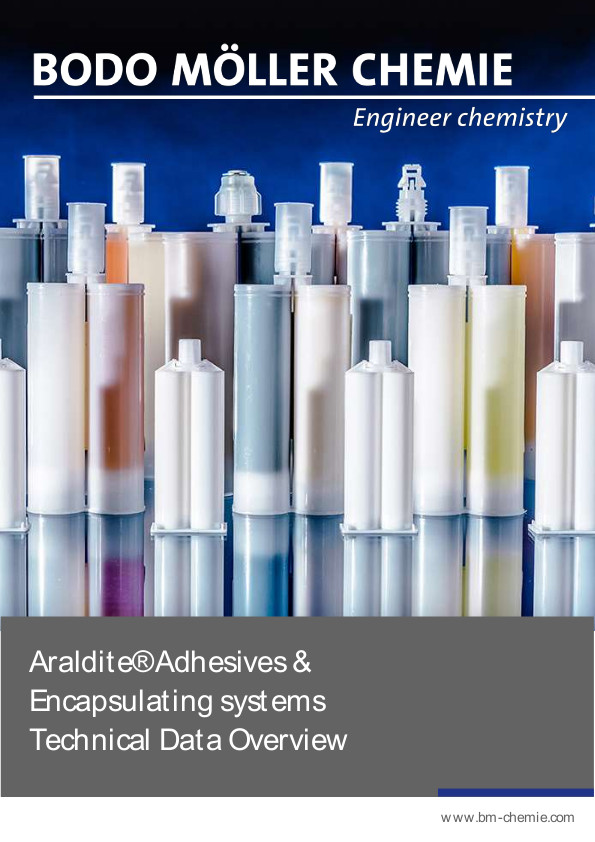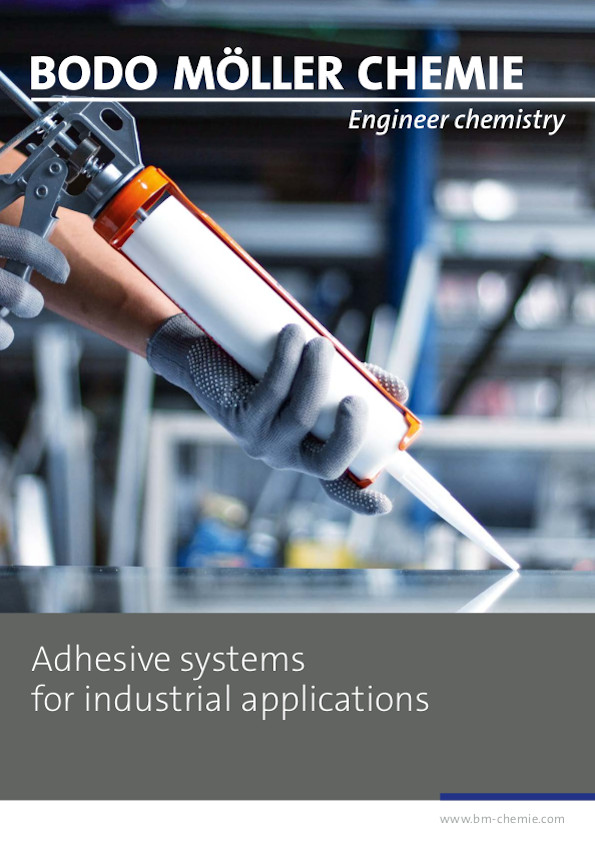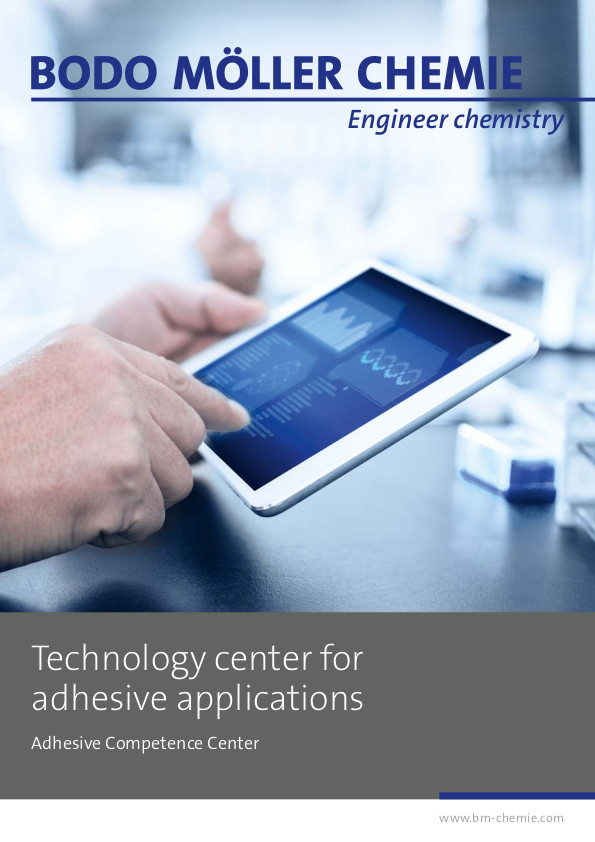Electronics
In the electrical industry, encapsulation and encapsulation of electrical and electronic components and assemblies are increasingly used to improve electrical properties, thermal stability and mechanical strength as well as to protect against the effects of chemical substances and environmental influences. Different electrical insulation materials with specific properties are used depending on the product, the production technology and the respective icing conditions.
Home » Formulated systems » Electronics
Assemblies & printed circuit boards
Electronic components, assemblies and printed circuit boards are predominantly exposed to thermal loads. The sustainable goal of encapsulated electronic components in an assembly is to secure and guarantee their electrical function over a long period of time.
Electric motors & generators
Powerful electric motors and generators require very good electrical properties, high mechanical strength and thermal stability. This is achieved by impregnating stator and rotor windings in the trickle process and in immersion and impregnation baths, including the use of VPI technology. Partial or full casting of stators serves to improve the mechanical and thermal properties, in particular heat dissipation.
Electromobility
Power electronics and battery systems must dissipate the resulting heat via the surface. This requires heat conducting materials. Electronic components are encapsulated with special resin systems and thus protected against external influences, housing components are joined with adhesives and sealed.
Insulators
Components used in power engineering, such as insulators, bushings, busbars, measuring transformers and dry transformers, require very good mechanical and thermal properties as well as excellent dielectric properties of the impregnating and insulating materials, in particular high partial discharge strengths. Heat-curing epoxy resin systems suitable for indoor and outdoor use are excellent for high and medium voltage applications.
LED technology
Transparent silicones are ideally suited for encapsulating special LED assemblies. These products are characterized by high elasticity and special low-temperature flexibility, which enable the encapsulation of pressure-sensitive components. Silicone potting compounds guarantee high operating temperatures and exhibit very good chemical resistance. Depending on the application, electrical encapsulation mainly uses addition-curing 2-component systems, but also air moisture-curing 1-component products.
Sensors
Aggressive environmental conditions and thermal requirements require high demands on the potting compound, which is used for the encapsulation of sensors of various assemblies. In some applications plugs and switches are used.
Structural adhesives in electronics
Adhesives are used in a wide variety of applications in the manufacture of electrical or electronic components and devices, such as the assembly or fixing of components or the bonding or sealing of housings. In addition to the actual adhesion properties, other special requirements such as flame retardancy and heat conduction often have to be taken into account.
Transformers
When casting or encapsulating inductive components, chokes, coils and transformers of different designs, the casting compound used has the task of insulating the current-producing parts and at the same time ensuring optimum heat dissipation.
Industries
Events
Seminar: Design and application of chemical products in electronics production
14.05.2024, Rapperswil-Jona
TechDialog: Adhesive technologies in industrial manufacturing
16.05.2024, Heidelberg
News
Bodo Möller Chemie obtains majority share in distribution company Losi Group and expands into aerospace market
JEC World: Bodo Möller Chemie presents technological innovations and an expert lecture during the trade fair.
Bodo Möller Chemie expands its collaboration with SONGWON and is now exclusive distributor for coating products in Germany.


